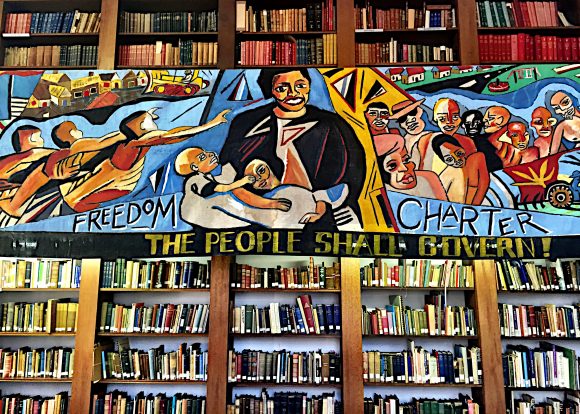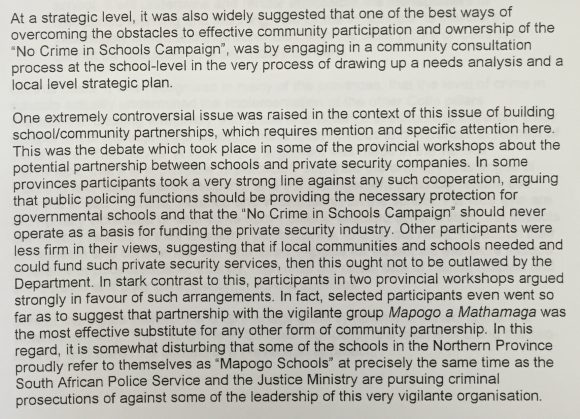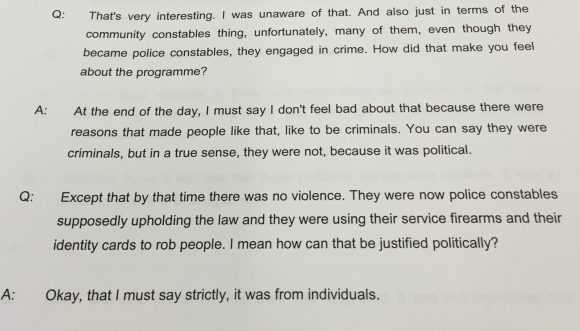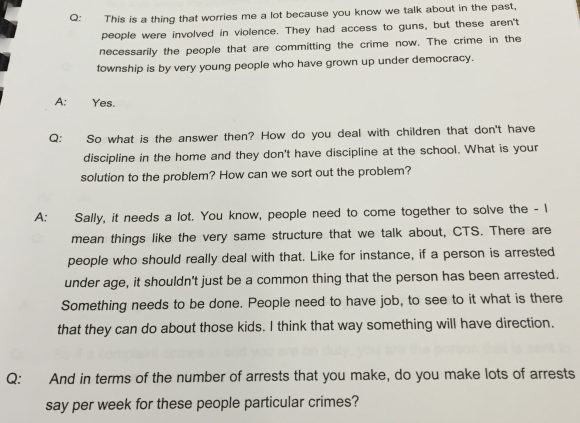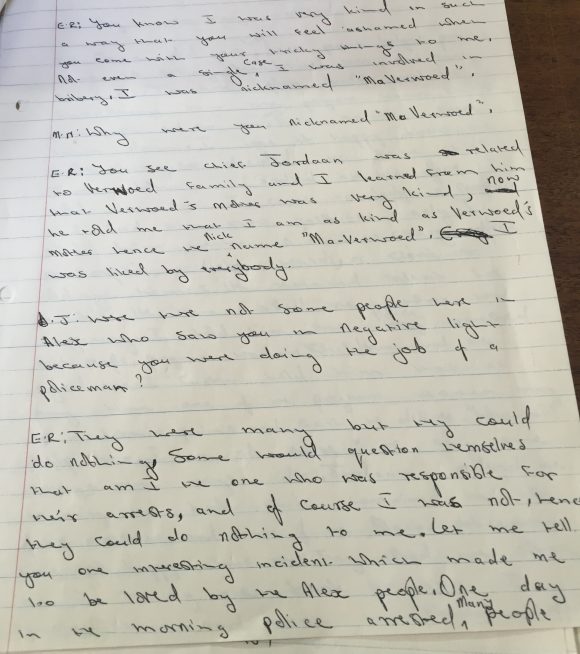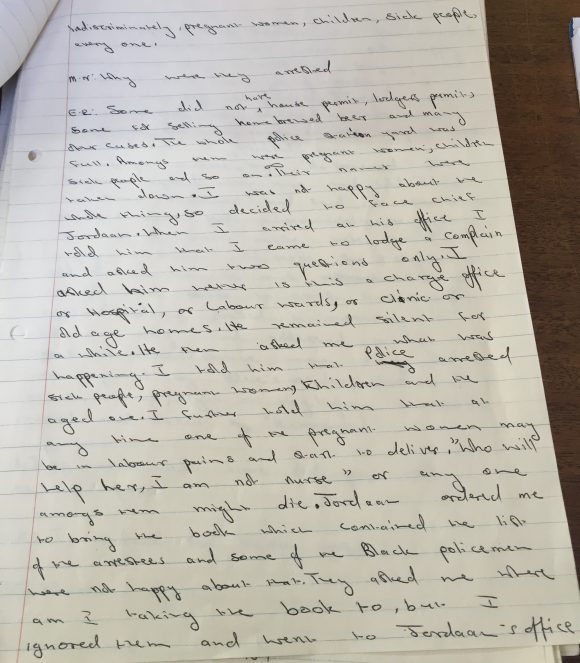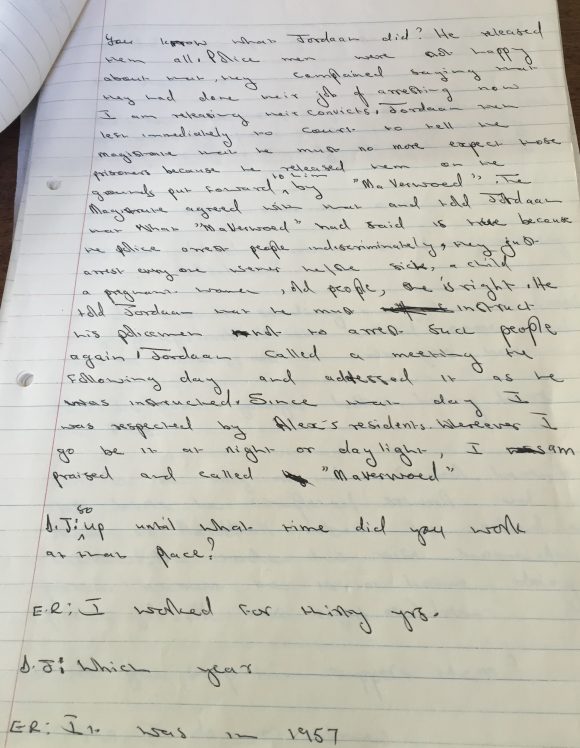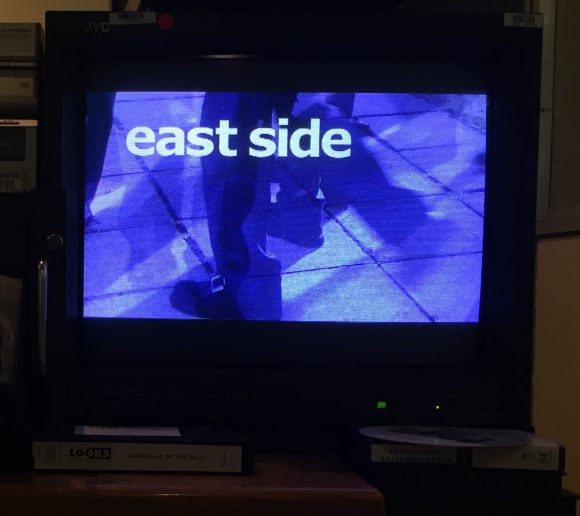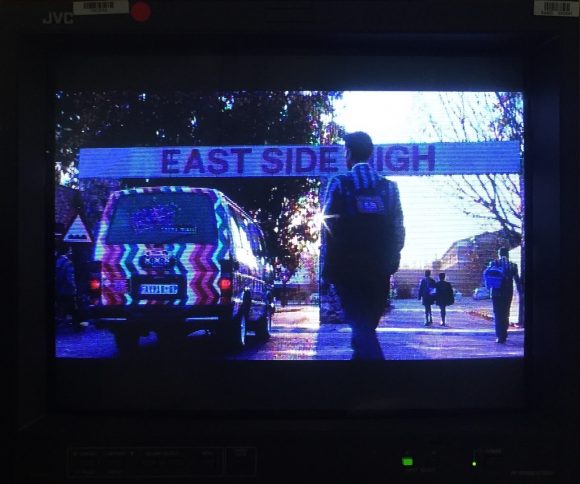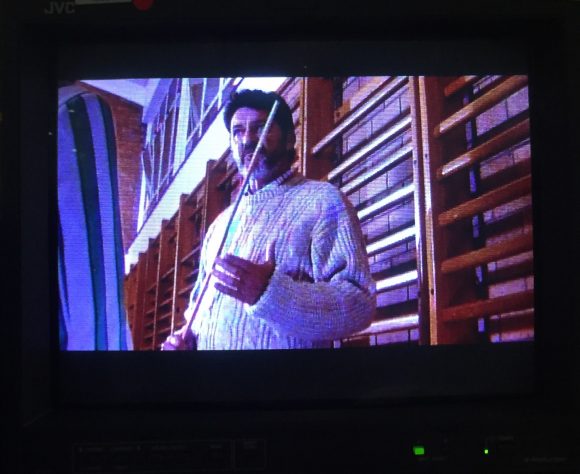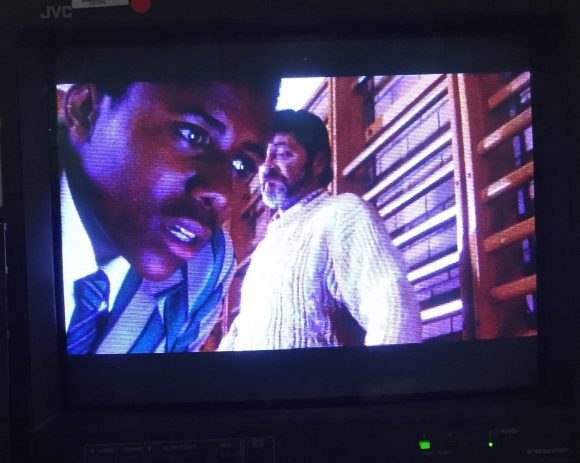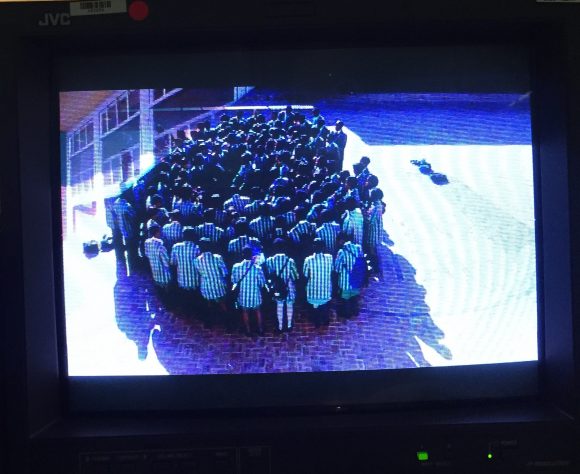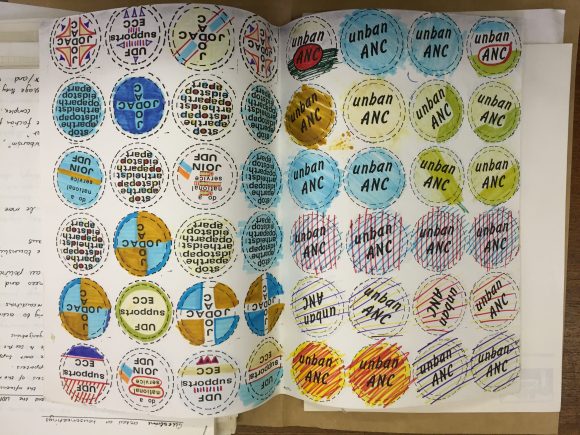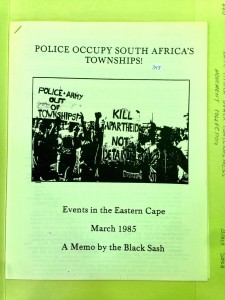This summer/winter (the season depending on where you are globally) I was in Johannesburg doing archival research for the South African chapter of my dissertation on the relationship between cultural and media representations of crime and structural processes of criminalization in postcolonial—or settler-colonial—democracies. This research was funded by the Advanced Research Collaborative (ARC) at the Graduate Center, CUNY, through its Early Research Initiative (ERI) program for advanced doctoral students. I received an ERI Award for Archival Research in African American and African Diaspora Studies for $4,000, as I did also in 2015, when I pursued exploratory dissertation research at several archives in both Johannesburg and Cape Town.
Between the two summers/winters, I’ve now completed the bulk of the archival research for my chapter on South Africa, so I’m immensely grateful to ARC for providing such funding: it’s advanced my dissertation in numerous ways, both macro and micro. I wish, however, there were similar funding opportunities, through ARC or another Graduate Center (GC) entity, for research in other regions of the world aside from the Americas and the African continent, not just for my own research interests but for those of the many GC students whose projects don’t take up the aforementioned continents.
(Although, truth be told, there were one-off summer/winter/monsoon research grants provided in the spring of 2014 that were unrestricted as to location, and I received one to do exploratory archival research in Mumbai and Pune for the Indian chapter of my dissertation. It would be great if such opportunities at the GC were regularized.)
I’m addressing funding (and I also received a very welcome top-up grant from the GC’s Lost & Found initiative to explore additional archival collections not directly related to my dissertation) because without the funding I simply couldn’t have done the research. As for that—the research—what follows are several “scraps” (after Brent Edwards) of meaningful information I found throughout my research in Johannesburg this summer, which took place primarily at the Historical Papers archive (pictured above) at the University of the Witwatersrand (also known as Wits). I’m presenting these outtakes today as part of the GC’s now-annual Early Research and Scholarship Conference (which you can follow online via the hashtag #GCArchivalResearch).
Scrap 1: The State’s “No Crime in Schools” Campaign and Non-State Anti-Crime Actors
The Center for the Study of Violence and Reconciliation (CSVR) is a Johannesburg-based NGO that began as a research institute at Wits in 1989, eventually becoming a stand-alone agency. I started researching CSVR’s collection of 100+ boxes at Wits Historical Papers on my exploratory trip in 2015 because of my abiding research interest in violence and its contested meanings and contexts—and given that CSVR has been in existence throughout the (ongoing) transition from apartheid to post-apartheid, I knew its archive would offer a useful case study for how interpretations of violence and related structures of policing, prisons, and criminal justice at large (or the prison-industrial complex at large) may have changed—or not—over time. And it has indeed proven to be a generative archive for these changes, shifts, and preservations.
CSVR was engaged in a wide variety of initiatives in the five years following the formal end of apartheid in 1994—it was the chief NGO involved in the state’s efforts to reform the police and to develop a National Crime Prevention Strategy, for instance—and the scrap I present here is from CSVR’s work on safer schools, which, in a difference from the ongoing contemporary discussion about safe discursive spaces in higher education, was focused on eradicating crime and physical violence in secondary education.
One of the ways CSVR pursued this work on safer schools was canvassing various stakeholders across South Africa’s provinces for first-hand accounts, which CSVR then used to write reports and white papers, to contribute directly to state policy, and to produce educational media for students. These media interventions and their afterlives are the main focus of the South African chapter of my dissertation (see Scraps 7-11 below for a bit more on this).
The scrap here is from a report CSVR produced for the South African Department of Education, which at the time was considering a national “No Crime in Schools” campaign. I chose this outtake because it highlights part of the contestation then over how crime should be addressed in secondary schools, in this case whether there should be a role for informal, non-state actors such as Mapogo a Mathamaga, which CSVR describes as “vigilante” (or “gangster,” in a contemporaneous analysis). In contrast, I’d argue groups like Mapogo are a far more complex formation stemming from resistance to apartheid rule of law as well as reformations of safety and security during the ostensibly “lawless” period between the unbanning of the African National Congress in 1990 and Mandela’s election in ’94—a period the next scrap takes up.
Scraps 2 and 3: A Former Self-Defense Unit Member on Crime and Violence
The period of 1990-94, when the (apartheid) police and military stopped acting and politico-social violence erupted between different African ethnic groups, remains a significant part of South African cultural memory across racialized groups. The recollections and analyses of the former members of the Self-Defense Units (SDUs), formed to protect their communities from violence perpetrated against them by other communities in the absence of any state structure, are fascinating overall and particularly generative for challenging normative conceptions of crime and violence (the men involved are still widely regarded as criminals, a characterization I disagree with). The interviews I researched are part of an oral history Wits Historical Papers produced in the early 2000s; the primary interviewer is a white South African woman who previously worked for the Truth and Reconciliation Commission, for which she helped former SDU members file amnesty applications.
Scraps 4-6: An Alexandra Resident on Serving as a ‘Security Woman’ During Apartheid
From the Wits Historical Papers’ collection “Institute for Advanced Social Research (University of Witwatersrand), Other interviews—Urban (Females), 1990s.”
Scraps 7-11: Informal Stills of the SABC-CSVR Co-Production East Side
The six-episode half-hour series East Side was the culmination of CSVR’s educational-media efforts. Co-produced with the education arm of the South African Broadcasting Corporation (SABC), it aired on SABC in 1999 and was accompanied by a booklet that was provided to South African high schools. The fictional series, about the integration of a predominantly white Johannesburg high school by students from Soweto, was succeeded by the SABC production Yizo Yizo, which recast many of East Side‘s themes within the setting of a Soweto high school. This significant rescripting by the SABC, known as the “master’s voice” during apartheid, is a central focus of my South African chapter, not least because Yizo Yizo was a ratings blockbuster, thanks in part to viewers’ interest in its gangster characters.
Scrap 12: Coloring the Struggle Against Apartheid
An outtake from my “Lost & Found”-funded research, from the Colin Purkey collection at Wits Historical Papers. I was pleasantly surprised to find such a fulsomely colorful document produced by the white anti-apartheid group the Johannesburg Democratic Action Committee (JODAC), a constituent organization of the United Democratic Front. I made this image the wallpaper for my phone, not least as a reminder of my own positionality vis-à-vis struggles against white supremacy and in support of black liberation.
